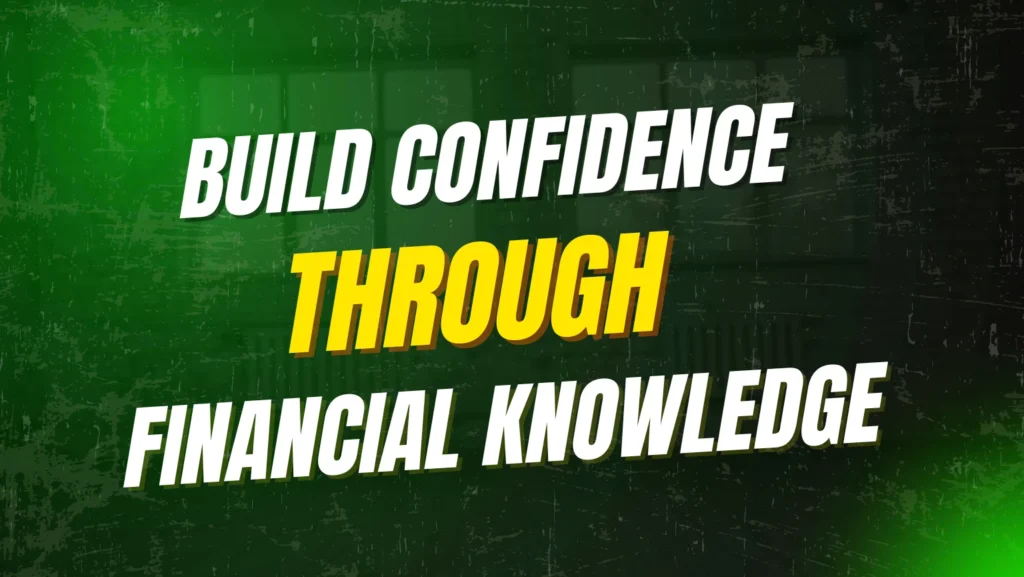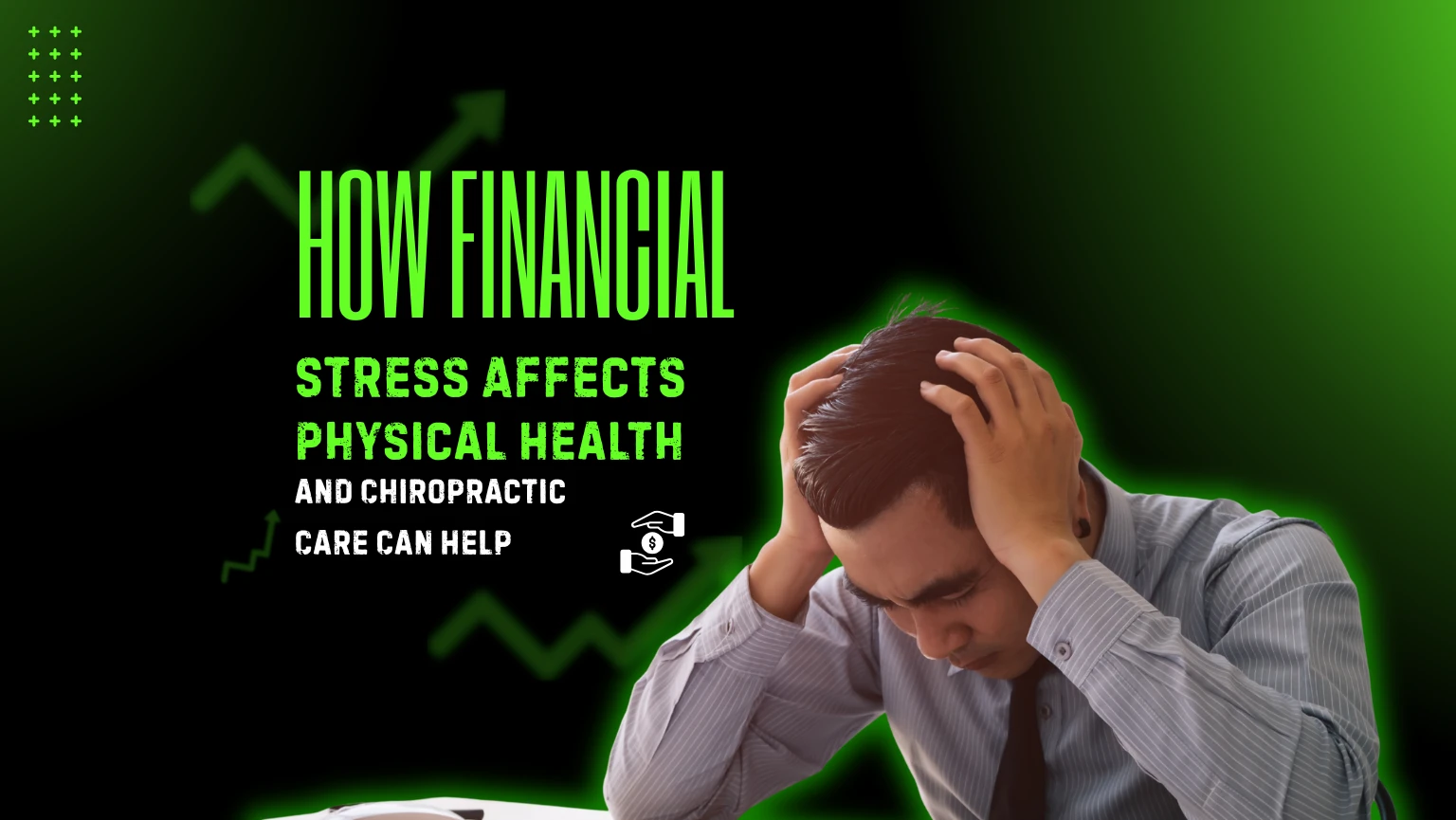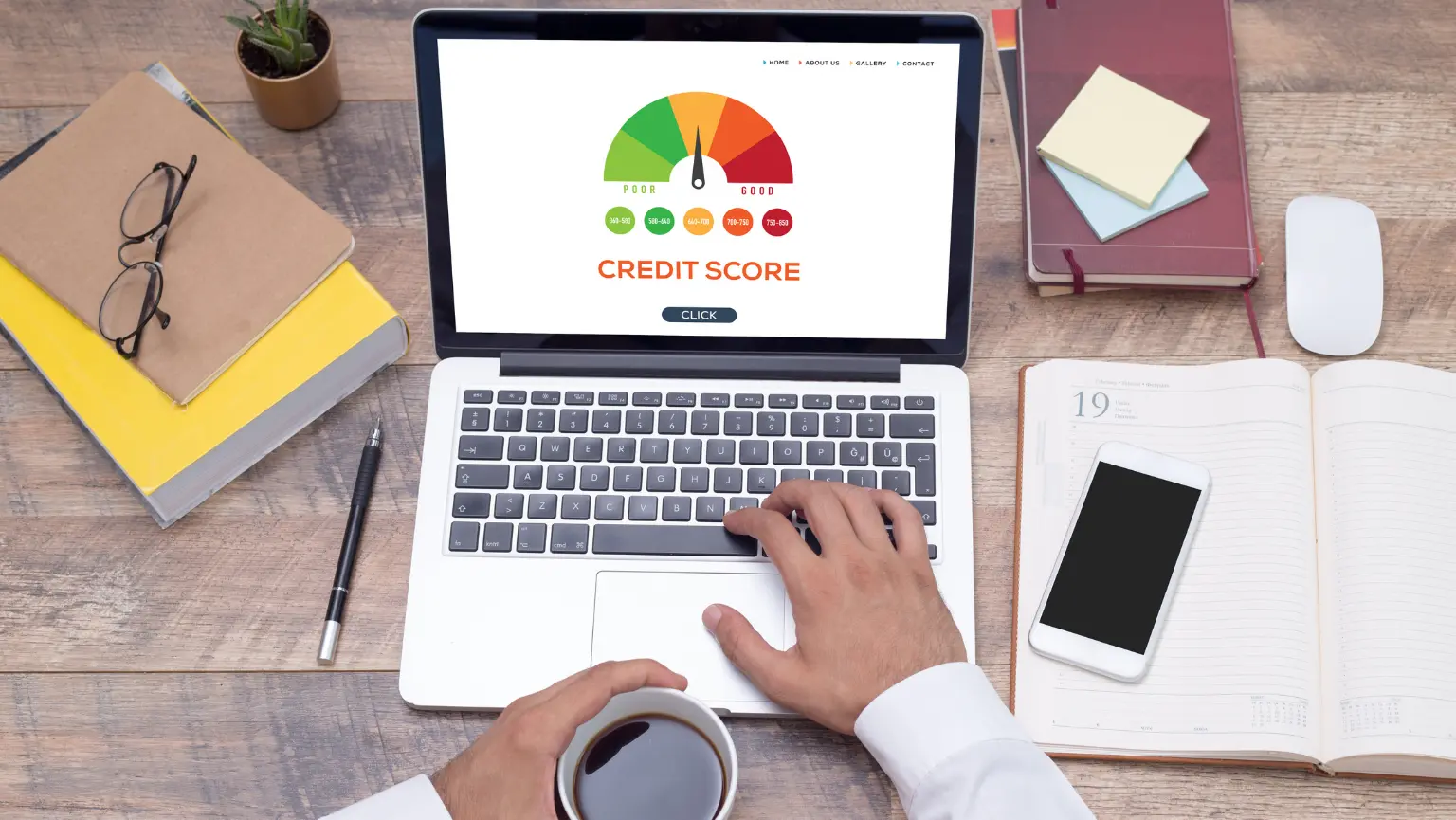
Building a solid credit score often feels overwhelming, especially if you’re just starting out. Good credit opens doors to better loan rates, easier apartment approvals, and even job opportunities. If you’re new to credit, you don’t need fancy tricks or complicated strategies. Instead, focus on simple habits that can make a real difference.
Understand Your Credit Report
Examine your credit report from each of the three major bureaus first. Errors happen more often than you’d think, and a simple mistake can drag down your score. Review your report for incorrect addresses, accounts you don’t recognize, or payments marked late that you know were on time. If you spot something wrong, file a dispute right away. This first step ensures you’re building your score on a solid foundation.
Pay Bills on Time, Every Time
Payment history carries the most weight in your credit score. A single late payment can have a long-term effect. Set up automatic payments or reminders to make sure every bill gets paid by its due date. If you’re worried about forgetting, consider using calendar alerts on your phone. Consistency is key here on-time payments show lenders you’re reliable.
Keep Balances Low
Credit cards are helpful tools, but carrying high balances hurts your score. Try not to utilize more than 30% of your credit limit. Try not to allow your balance exceed $300, for instance, if your card has a $1,000 maximum. Paying off your cards in full each month is even better, but if that’s not possible, at least keep balances as low as you can.
Don’t Open Too Many Accounts at Once
It’s tempting to apply for several credit cards when you’re starting out, but each application triggers a hard inquiry, which can lower your score a bit. Instead, open accounts slowly and only when necessary. Focus on managing one or two cards responsibly before adding more.
Become an Authorized User
Ask whether a family member who has good credit will allow you to use their card as an authorized user. You don’t even need to use the card just being added can help your score by giving you access to their positive payment history. Verify that the card issuer notifies the credit bureaus of approved users.
Keep Old Accounts Open
Length of credit history matters. Keeping an old card open improves your score even if you don’t use it frequently. Your credit score may suffer if you close old accounts since you may have less accessible credit and a shorter credit history.
Mix It Up
Lenders like to see you can handle different types of credit, like credit cards, car loans, or student loans. You don’t need to rush out and take on new debt, but over time, having a mix of accounts can help your score.
Monitor Your Progress
Check your score regularly to see how your actions are paying off. A lot of credit card firms and banks provide free credit score monitoring. Watching your score grow can be motivating and helps you catch any problems early.
If you’re looking for more tips and a step-by-step guide, check out these beginner credit score hacks. Small changes today can lead to big rewards down the road.
Keep in mind that establishing credit is a process rather than a quick fix. Stay patient, stick to these habits, and you’ll see your score improve over time. Check your personal financial scores.




